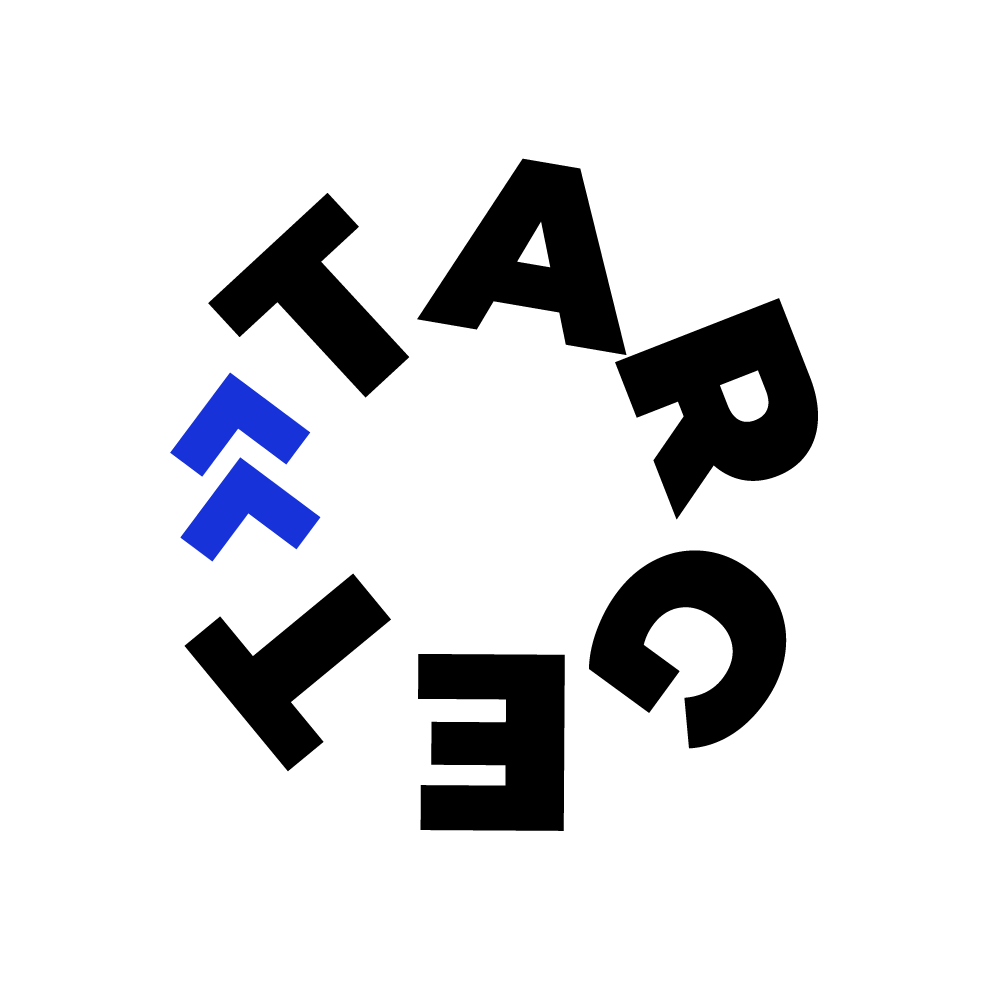
0%

Featured
Featured
Why You Should Focus on User Intent for Keyword Research
5 Min Read
 In search engine optimisation (SEO), understanding user intent is essential to developing an effective keyword research strategy. Gone are the days of simply targeting high-volume keywords. Today, search engines like Google prioritise user satisfaction and relevance in search results. This has led to a shift in focus towards user intent, which refers to the underlying motivation behind a search query. By aligning your keyword research with user intent, you can create content that ranks well in search engines and provides value to your target audience. In this blog, we will explore the importance of focusing on user intent for keyword research and how it can benefit your SEO efforts.
In search engine optimisation (SEO), understanding user intent is essential to developing an effective keyword research strategy. Gone are the days of simply targeting high-volume keywords. Today, search engines like Google prioritise user satisfaction and relevance in search results. This has led to a shift in focus towards user intent, which refers to the underlying motivation behind a search query. By aligning your keyword research with user intent, you can create content that ranks well in search engines and provides value to your target audience. In this blog, we will explore the importance of focusing on user intent for keyword research and how it can benefit your SEO efforts.

